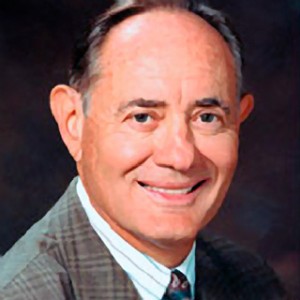The World’s Most Powerful Principle
Hunter and his associates have developed the leadership philosophy that forms the foundation of companies like Southwest Airlines, Starbucks, and ServiceMaster. Early in this book he defines leadership as “the skill of influencing people to enthusiastically work toward goals identified as being for the common good, with character that inspires confidence” (p. 2, italics his). “Leadership,” he says, “is not management; Leadership is not about being boss; Leadership is an awesome responsibility; Leadership is a skill; Leadership is influence; and Leadership is about character” (p. 4). The dedication in this book is most interesting: “To the One who first taught me that to lead is to serve.”
Hunter carefully defines the difference between power and authority. “Power is the ability to force or coerce others to do your will, even if they would choose not to, because of your position or your might. Whereas authority is the skill . . . of getting others willingly to do your will because of your personal influence” (p. 53, italics his). He points out that while power can be bought and sold, authority is never subject to such whims.
Chapter 4, “On Leadership and Love,” describes love as a behavior, not an emotion, falling back on a famous quotation from C. S. Lewis. “Do not waste time bothering whether you ‘love’ your neighbor; act as if you did. As soon as we do this we find one of the great secrets. When you are behaving as if you love someone, you will presently come to love him” (p. 126).
Chapter 5, “On Hugging and Spanking,” deals with people skills, with the focus on listening, accountability, and discipline. The end of the chapter forms a break in the book as Hunter stops “defining what good leadership looks like” and begins “detailing the steps necessary to becoming an effective servant leader” (p. 127). Though the chapter does not discuss sin in detail, Hunter has a solidly Christian view of human nature.
Chapter 8 describes how a leader can implement the development of character. Here Hunter touches on emotional intelligence and offers suggestions on how to ensure long-term behavioral change. The ingredients include “Foundation” (set the standard), “Feedback” (identify the gaps), and “Fraction” (eliminate gaps and measure results) (pp. 173–76).
In the final chapter Hunter states that genuine motivation is not an external aura or cape thrown over another leader by the chief. It is unlocking what he calls “a fire within people” (p. 187, italics his). At the close of the book Hunter appends a five-page “Leadership Skills Inventory,” which would be useful in any Christian organization.

